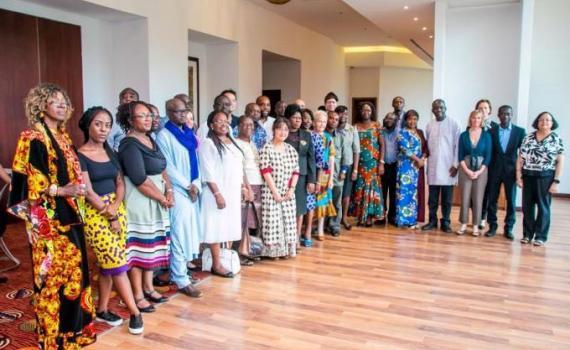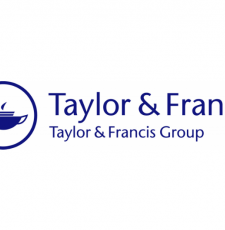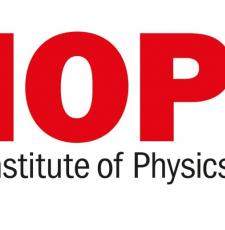
Libraries and regional and national Research and Education Networks (RENs) in West and Central Africa have endorsed a template for a Terms of Reference (ToR) for joint activities through which the library and REN communities can advance open science and open access in the region.
The template was completed during a workshop attended by over 30 library and REN representatives in Accra, Ghana. The workshop, on 11 and 12 March, was organized by WACREN (the West and Central African Research and Education Network), EIFL and COAR (the Confederation of Open Access Repositories), with support from the European Union-funded OpenAIRE project and the National Institute of Informatics (NII) in Japan.
The template deepens collaboration between libraries and RENs for the advancement of open science, and can be used in West and Central Africa and in other African regions.
Open science, a research approach that opens up access to all aspects of research while it is in process (including lab notes, methodology, raw data and analysis) encourages collaboration among researchers. It incorporates open data (making data freely available) and open access (OA - free, online access to research outputs such as articles, papers and books). There is a global trend towards open science; however, there are important local and regional differences in how open science is implemented. Services, policies and infrastructure that may be suitable in the Global North may not work in other parts of the world.
KEY AREAS FOR COLLABORATION
The template defines four key areas for collaboration: social change, infrastructure, capacity building, and value added services. It also provides examples of specific activities for libraries and RENs to create new and enhance existing OA repositories. Participants identified priority activities and next steps for implementing the ToR in their countries. (You can see the (spaces.wacren.net/display/LIBSENSE/Template+-+Terms+of+Reference+for+NREN-Library+Collaboration) template here.)
During the workshop, WACREN discussed its plan to develop a shared hosting service for repositories. The service will be modelled on the approach of the National Institute of Informatics (NII) in Japan that hosts over 500 university repositories.
To support national repository initiatives, the workshop participants discussed data exchange model agreements that cover data acquisition policy for national and regional repositories and aggregators, and data usage policy. To ensure interoperability across African repositories, draft metadata guidelines have been released for public comment. Feedback on the guidelines is welcome - see the guidelines and provide feedback here.
Library and REN representatives drew up a priority list of shared activities, including capacity building and training, drafting open science policy templates, adoption of a harvester to provide a discovery service for African research outputs, creating a shared publication platform, investigating models for next generation repositories that might be appropriate in the African context, and amplifying success stories.
MEETING OF NORTH AFRICAN AND ARAB STATES
The Accra workshop was the second workshop bringing library and REN stakeholders together to develop a coherent strategy for strengthening repository networks in Africa. The first workshop, attended by library and REN representatives from 17 African countries, took place in Zanzibar in November 2018, and focused on strengthening open science in East and Southern Africa. A third workshop will take place in April 2019 in Tunis, Tunisia, organized by ASREN (Arab States Research and Education Network). Strategy development will focus on North African and Arab states.
SHARE / PRINT









